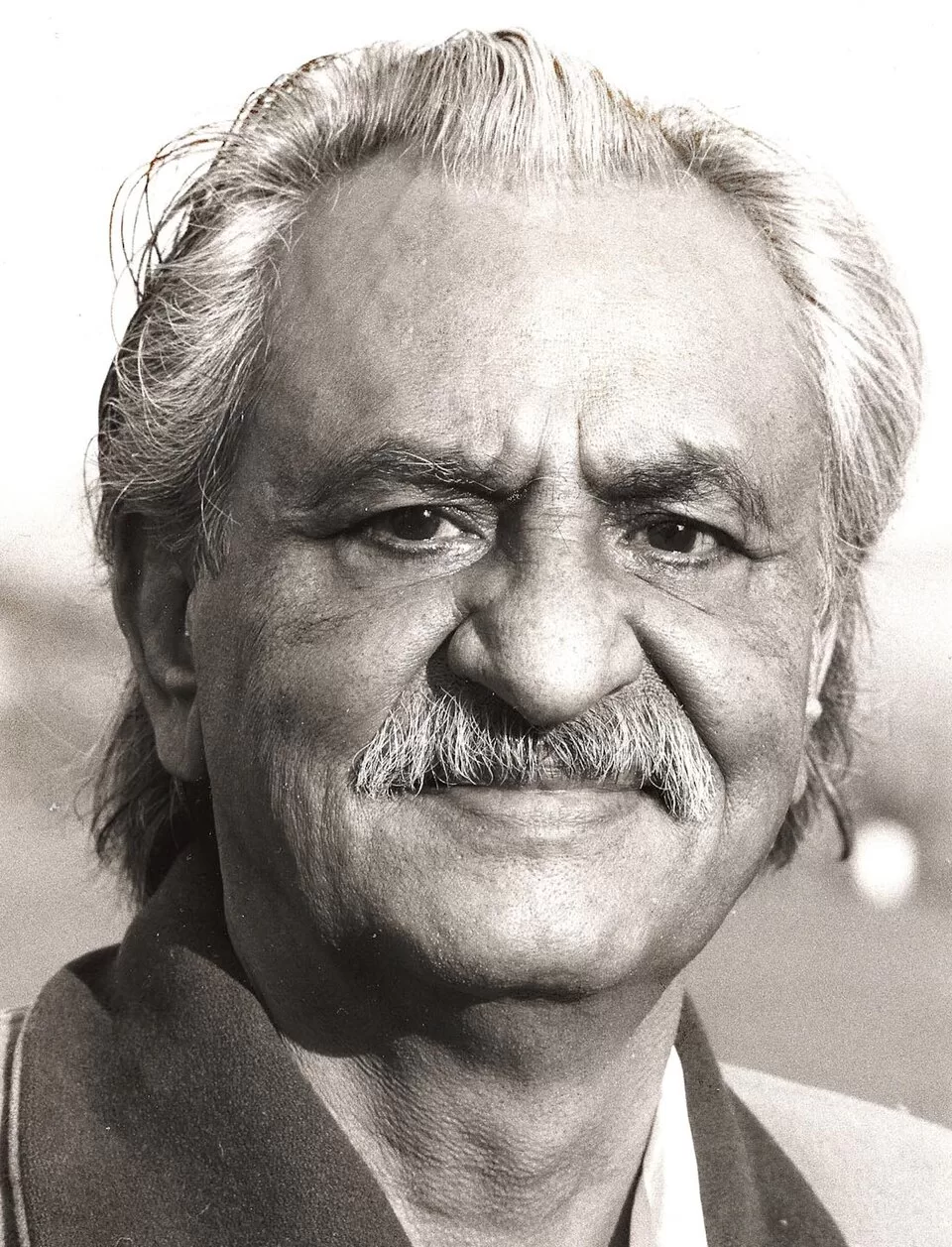Originally published in Sufi Journal Issue 1 (Winter 1988-89)
A Bedouin was walking with his dog in the desert, carrying a skin of water on his shoulders and crying pitifully as he went along. When asked why he was crying, he replied, “Because my dog is thirsty.” “Then why don’t you give him some water?” he was asked. “Because I need the water myself.”
You Sufis are ready to listen to talk about Sufism, but you are a bit reluctant to put it to practice.
You enjoy reading Sufi books and hearing speeches about Sufism, but when it comes time for action, you have second thoughts. Now, if I talk about it, it is in the hope that you may wake up a little — although I know how difficult it is for you!
The disciples of Hasan Basri appealed to their Master, saying, “O Master, our hearts are asleep, and your words have no effect on us. What can we do?” Hasan replied, “If only they were merely asleep, for a sleeper can be awakened if he is shaken. But your hearts are dead, for however much you are shaken, they do not wake up!”
Tonight I have decided to say a few words to you about daily prayers (namāz) and fasting, because the creed of love has its own special prayer and fasting, in addition to the conventional ones. These are based on a particular etiquette (ādab) and set of conventions, of which I shall give you a concise account, so that you may have a better idea of the requirements of the order which you claim to follow.
The Sufi prayer consists of only two rak‘at-s (units). In order to perform these two rak‘at-s, the Sufi does his ablution (wudū’) with the water of love, then faces the qebla of “And wheresoever you turn is God’s face,” (Koran, Sura II: 115), and repeats “Allāho akbar” (“God is the Greatest”) four times.
With the first Allāho akbar, he puts the world and its inhabitants behind him.
With the second Allāho akbar, he forgets the hereafter.
With the third Allāho akbar, he casts the thought of anything other than God out of his heart.
With the fourth Allāho akbar, he forgets himself, as well.
Then he begins the prayer, sincerely performing the two rak‘at-s over the corpse of his ego (nafs). Once he has properly completed this prayer, he becomes joined with God.
Nowadays the ablution for this prayer takes a Sufi years and years. If he manages to complete the ablution, he has to spend a long time on the first Allāho akbar, and there are very few who get to the second one, thereby forgetting the two worlds.
As for Sufi fasting, it is not simply a matter of one month a year. A Sufi fasts every day from loving what is other than God; but so far you have not managed to do a single day of such a manly fast!
So, you who can do neither the Sufi prayers nor the Sufi fast, how do you expect to be offered the spiritualstations of Hallāj and Bāyazid?
Like children who turn their skirts into make-believe horses,
You ride your skirts and aspire to the battlefield!

